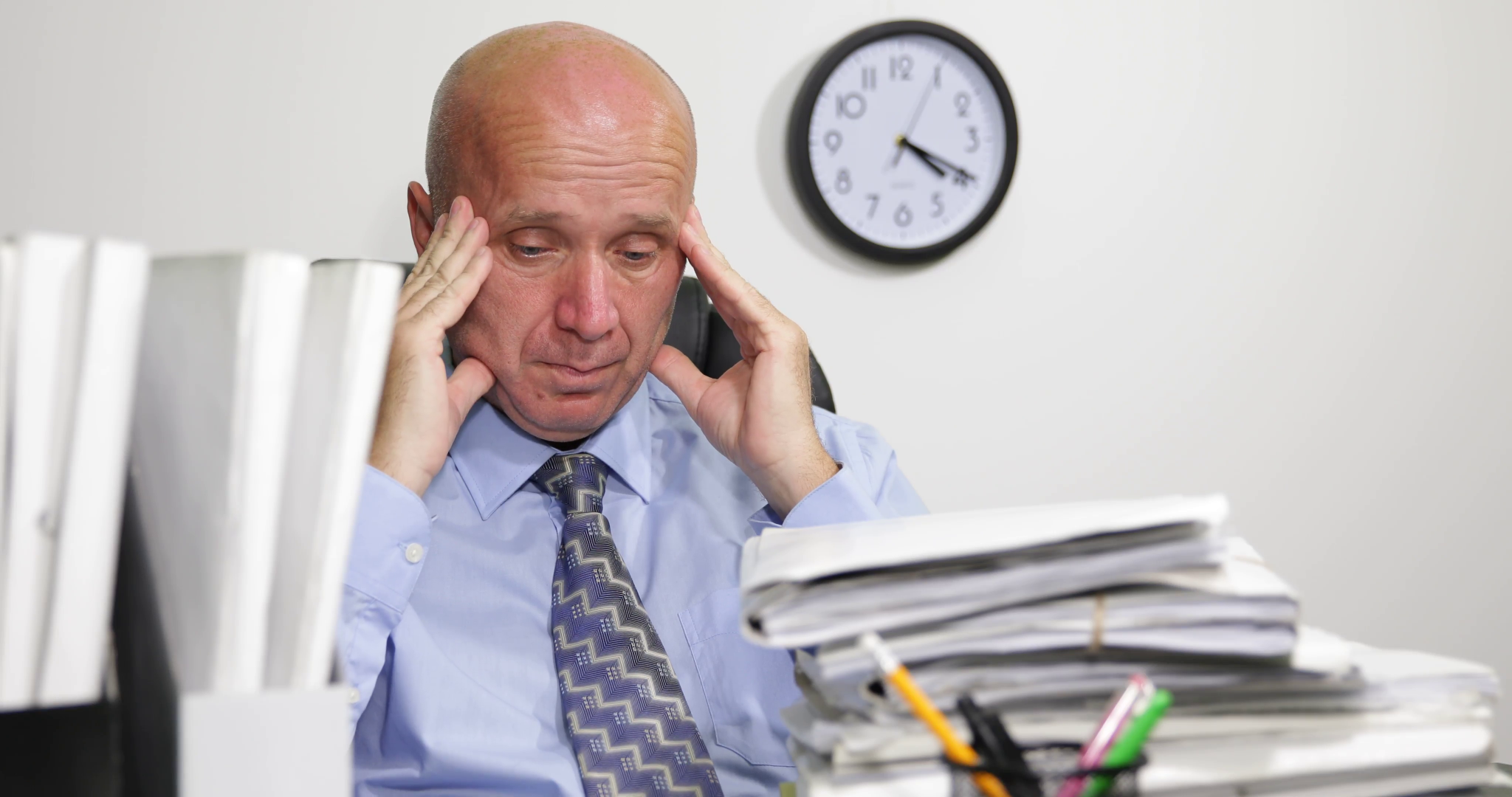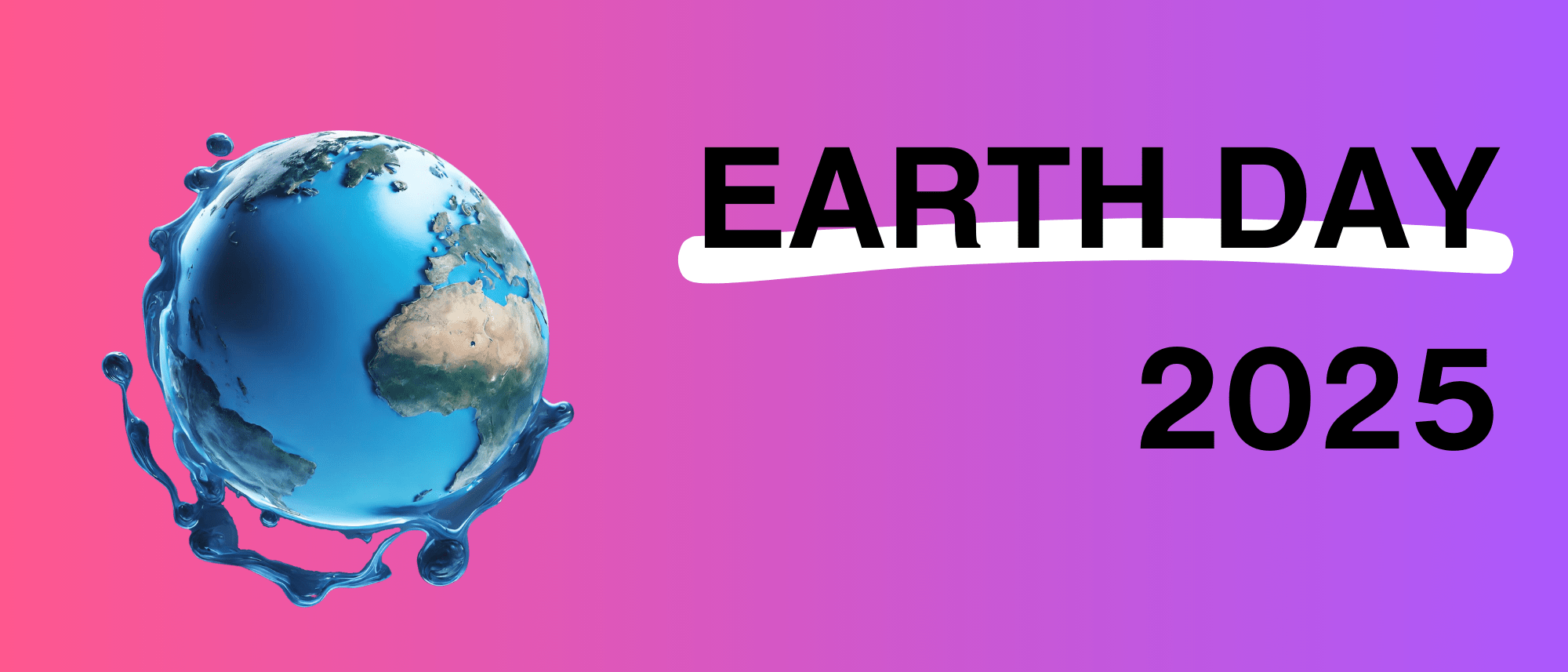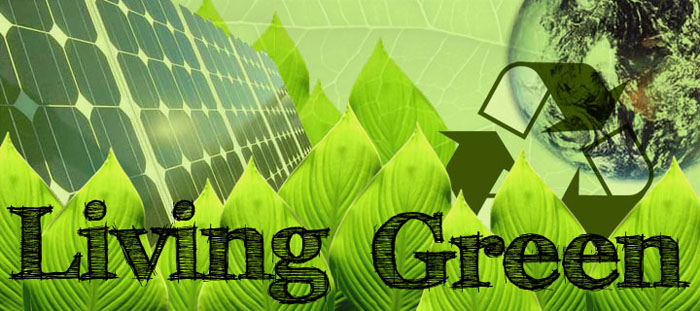Are You Dependent on Coffee to Function? Here’s Why You Might Need a Caffeine Detox
If you rely on coffee to kick-start your day or to stay focused throughout the day, you might be facing caffeine dependency. For coffee lovers who drink it primarily to boost concentration and energy, it’s important to understand the benefits of a caffeine detox.
A caffeine detox refers to gradually reducing or eliminating caffeine from your system after regular consumption. Although it might seem challenging, it’s not impossible when done gradually and correctly. Stopping caffeine consumption abruptly can lead to withdrawal symptoms such as headaches, fatigue, irritability, and trouble concentrating.
Here’s a breakdown of how caffeine affects the body, why a detox may be necessary, and how to do it effectively—so you don’t need to depend on caffeine to stay productive and energized throughout the day.
Types of Drinks Containing Caffeine:
In addition to coffee, some drinks that contain caffeine include:
- Tea: Including black tea, green tea, and oolong tea, all contain caffeine, though usually in smaller amounts than coffee.
- Energy Drinks: Many energy drinks contain high amounts of caffeine, often with added sugar and other ingredients.
- Soda: Some types of soda, especially colas, contain caffeine.
- Hot Chocolate: Chocolate also contains caffeine, though in smaller amounts than coffee or tea.
The amount of caffeine in each drink can vary, so it’s important to check the label or nutritional information if you want to manage your caffeine intake.
How Does Caffeine Work After Consumption?

Caffeine stimulates the central nervous system, increasing heart rate and blood pressure, and increasing energy and stamina. This helps improve physical and mental performance.
Have you ever heard that caffeine can improve your mood? This is not a myth, as caffeine can increase the release of dopamine, a neurotransmitter that contributes to feelings of pleasure and motivation.
Caffeine typically starts working within 15 minutes of consumption, with peak effects occurring about 1-2 hours later. These effects can last for several hours, depending on the individual’s tolerance and the amount of caffeine consumed.
Why is a Caffeine Detoxification Important?
A caffeine detoxification can be important to maintain body balance and avoid caffeine dependence, especially if someone feels they are consuming too much coffee, tea, or other caffeinated beverages.
Here are some reasons why a caffeine detoxification is important:

- Avoid Dependence
Constant caffeine consumption can lead to dependence. Without caffeine, the body can feel weak, have difficulty concentrating, or even experience headaches.
- Maintain Sleep Balance
Caffeine can disrupt the sleep cycle. By reducing consumption, you can get better quality sleep.
- Reduce Anxiety
Too much caffeine can trigger anxiety or increase heart rate. Detoxing can help reduce these symptoms.
- Increase Natural Energy
When the body is not dependent on caffeine for energy, you will feel more energetic naturally.
- Stabilize Mood
Caffeine can cause mood swings, especially when its effects start to wear off. Detoxification can help stabilize mood without relying on stimulants
In other words, if someone drinks more than 1 cup of coffee per day out of habit, feels anxious more often, experiences insomnia due to excess caffeine in the body, often experiences digestive problems due to the acid in caffeine, and urinates frequently, then that is a sign that someone needs to do a caffeine detox.
5 Strategies for a Caffeine Detox?
- Reduce Consumption Gradually
Instead of stopping immediately, try reducing consumption gradually so that the body does not experience withdrawal or side effects such as headaches or fatigue.
2. Drink More Water
Staying hydrated helps the body get rid of caffeine faster and reduces detoxification symptoms.
3. Get Enough Sleep
Give your body enough time to rest, because lack of sleep can make you feel more tired and want to go back to caffeine.
4. Replace with Other Alternatives
Try decaffeinated drinks such as herbal tea or fruit-infused water to stay hydrated and fresh.
5. Stay Active
Exercise can help increase energy naturally and reduce the need for caffeine.
While caffeine can provide a temporary boost, long-term reliance on it can lead to dependence and negative health effects. By gradually detoxing from caffeine, you can regain control over your energy levels, reduce anxiety, improve sleep, and maintain a more balanced mood—helping you feel better and more productive throughout the day without needing that extra cup of coffee.
Share your comments in the comments column below.





